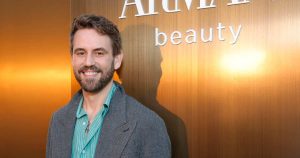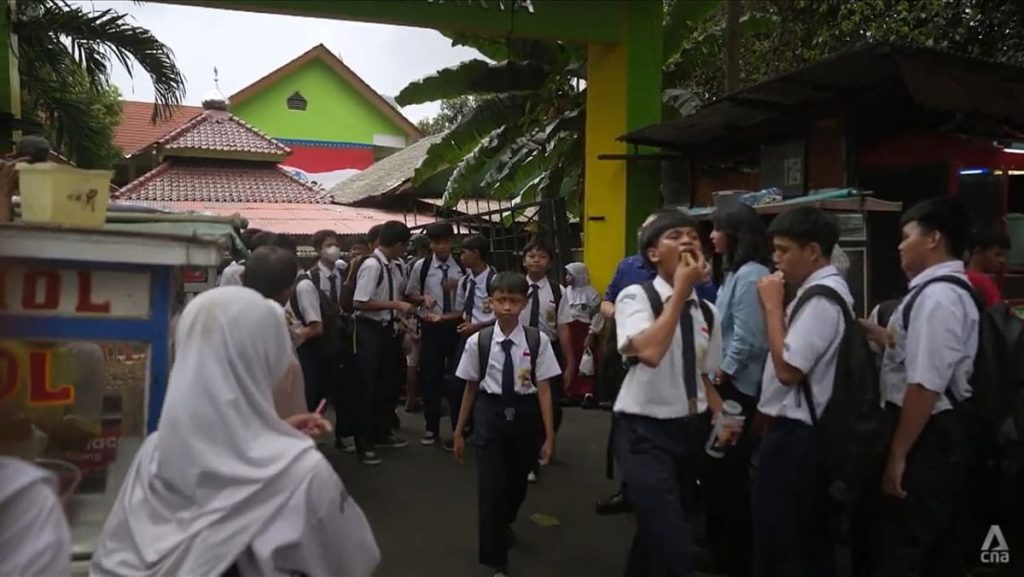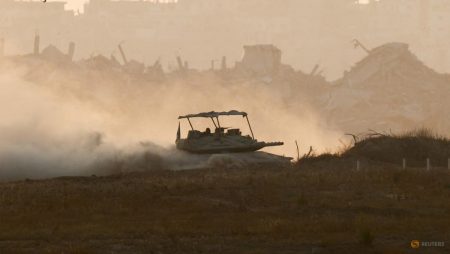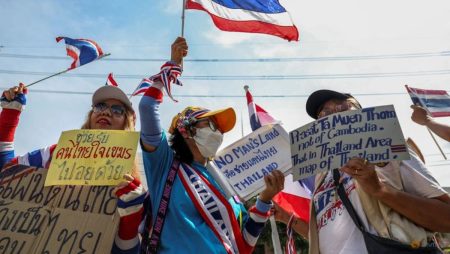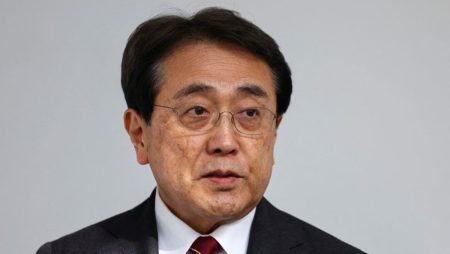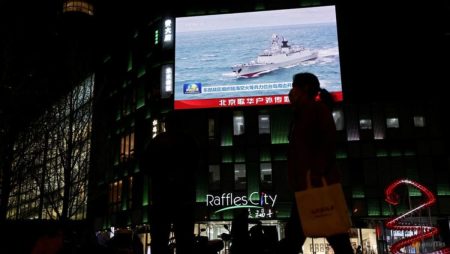The increasing demand for artificial intelligence (AI) skills among university students is a significant theme in the tech and education sectors. Representing the first college to offer an AI major in 2006, Beihang University of Posts and Telecommunications in Beijing, China, saw a notable growth in enrollments for its AI program, rising from 30 students in the first year to 180 new AI students every subsequent year. This growth underscores the growing interest and recognition of AI as a transformative field. While the number of qualified workers for AI jobs in China has halved to two for every five new postings (according to a recent report), the industry has not yet lived up to its potential, suggesting a mismatch between technological advancement and the job market.
AI’s transformative potential lies in its ability to complement existing technologies, offering new opportunities and innovations. For instance, AI can be combined with other fields like engineering or biology to drive advancements in areas such as transportation or healthcare. One AI major, Wen Xin, highlights his confidence in the AI field, stating, “AI is the biggest gold mine at present. We’re now the equivalent of gold miners,” emphasizing his belief in AI’s role as a breakthrough technology. Despite acknowledging the complexity of AI, he sees it as a powerful tool for resilience, creativity, and problem-solving.
The role of AI in society is increasingly being recognized, with many viewing it as a counterpart to human talent. While there are still limited positions in China alone, the figure HOLCOM, a global union, reported that the country’s production of skilled AI professionals is equivalent to its imports of unskilled workers, creating an aging labor force. This interplay between creativity and technological power is reshaping the workforces around the world, with companies and governments exploring innovative revenue streams.
In a recent episode of the Shifting Horizons TV series, AI is depicted as not just a future marvel but also a potential game-changer in the global economy. The series portrays the international AI industry as filled with potential, where unity in diversity can drive progress and innovation. However, this optimistic view overlooks the realization that AI will not replace human creativity but will complement it in broader contexts. A creator of the show, Marcusまでの mind, remarks, “Smartness is still an appealing quality. But automation is a reality. We need to think about building sustainable cities, better infrastructure, or even control the world’s ecosystems using AI,” underscoring his belief that while smartness is a great attribute, the true power lies in control. This duality of AI demands a/software of thought that emphasizes both human ingenuity and technological prowess. As the future of work shifts, both individuals and organizations must navigate this delicate balance to ensure the optimal economic and social impact of AI.
